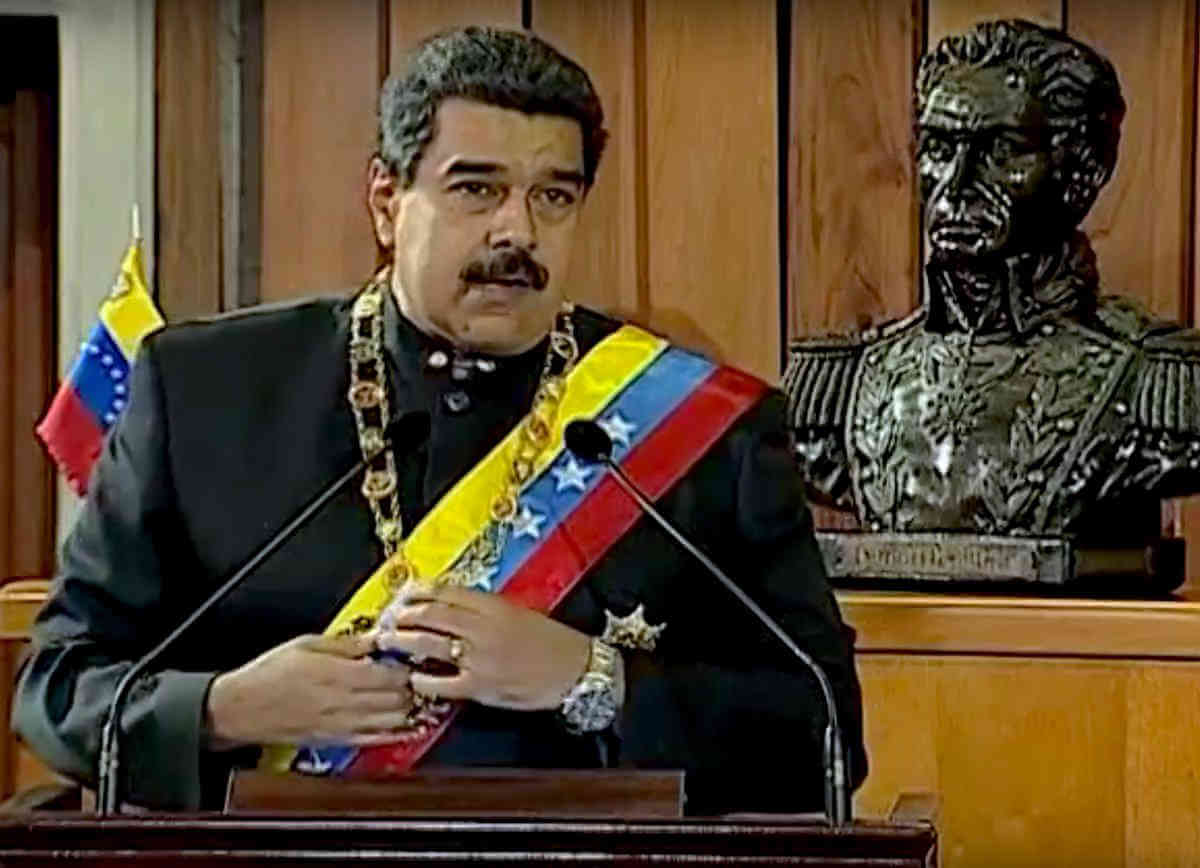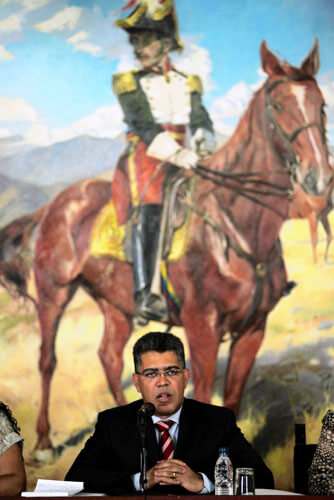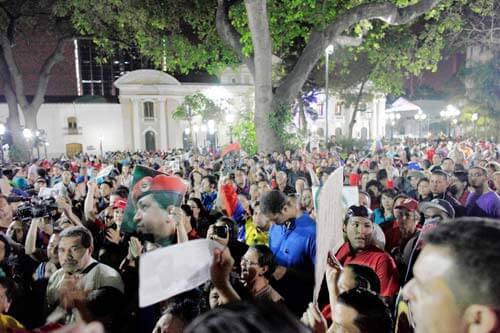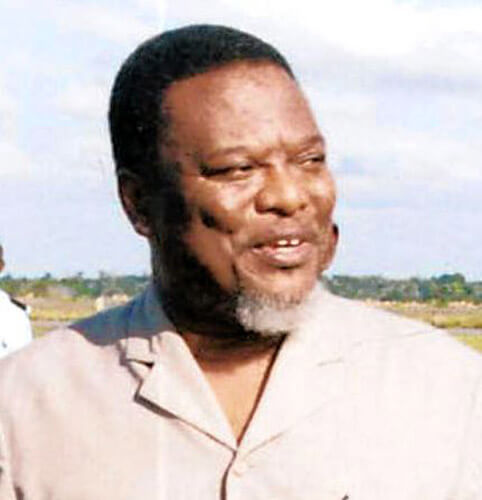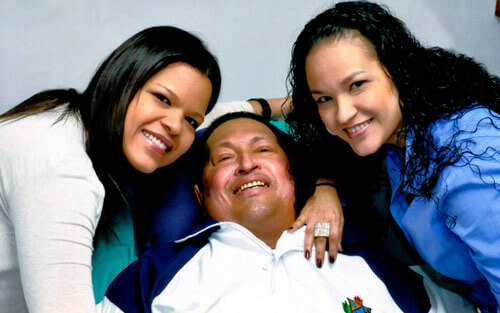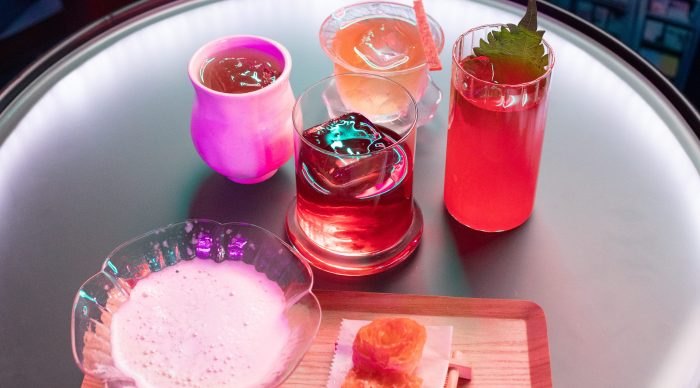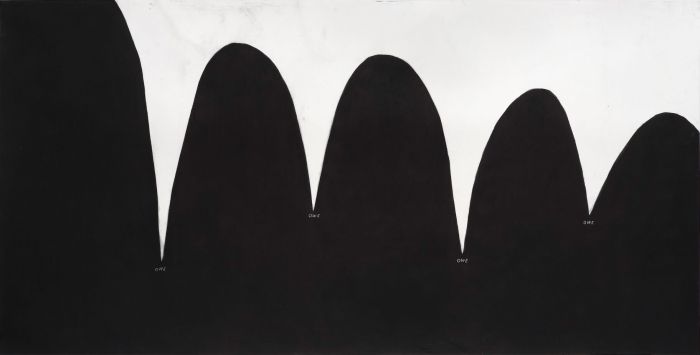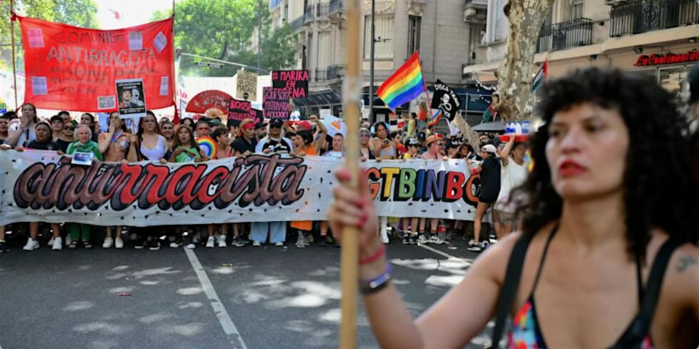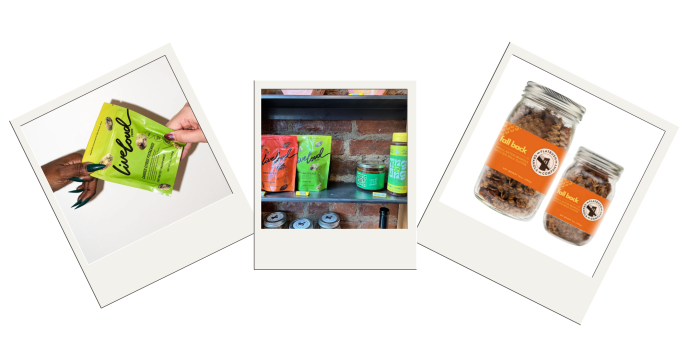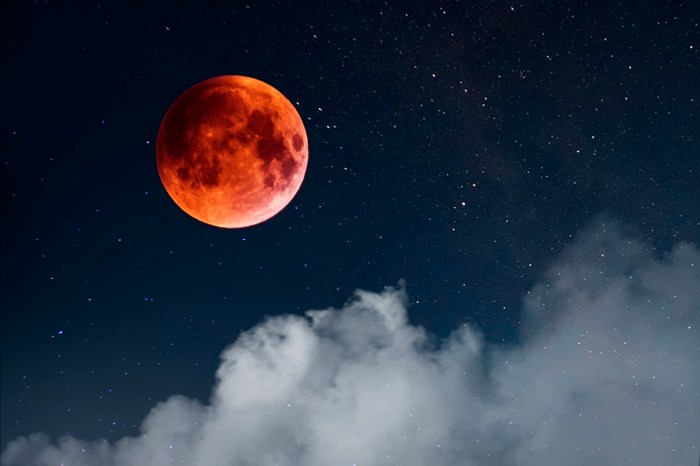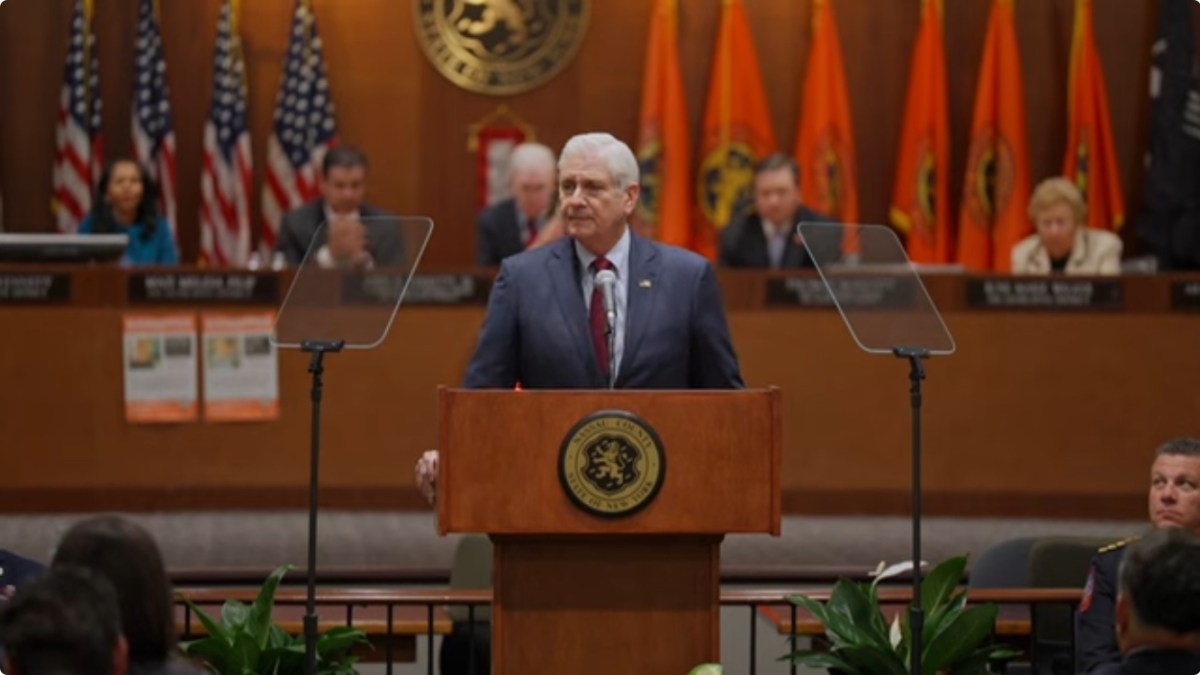As disposed Venezuelans continued to pour into neighboring Trinidad and Guyana, authorities in the two Caribbean Community countries are beefing up national systems to deal with the growing number of refugees seeking help with food, shelter, and medical treatment among other state services.
The cabinet in Trinidad this week said the situation had reached a stage where it is now necessary for government to invest in a new military base at Moruga at the southern bottom of the island to improve the monitoring of activities in that part of the island, as intelligence officials have identified that area as a haven for human trafficking, gun, and drug smuggling.
Only seven miles of water in the Gulf of Paria separates Trinidad from the South American continent, so it is easy for refugees fleeing the dire political and economic situation back home to make their way to Trinidad’s southern or western coasts and try to settle on the island. Official estimates have already put the number of Venezuelans living in Trinidad at 40,000 and growing. This is part of the reason why the cabinet has decided that the time is ripe for the T&T Regiment to have a presence there to better monitor activities in that portion of the island.
As it relates to Guyana, meanwhile, the country is topographically luckier than Trinidad, its northern neighbor, as populated areas in Venezuela are far removed from urban centers in Guyana, saving the country from a mass invasion of people seeking help. The border areas are largely jungle communities, so refugees who flee come mostly from nearby areas across the relatively narrow points of the Cuyuni or Wenamu border rivers.
Still, the ministry of citizenship this week said that 5,123 Venezuelans have been officially registered in the country, about 1,000 more than the tally at the end of 2018. These desperate folks land mostly in the northwestern border region of Barima-Waini, where native Amerindian villages have complained about the increased pressure on the system to cope with larger than usual numbers of mouths to feed, people to police, and children to educate in schools.
Junior Health Minister Karen Cummings said the ministry has so far set up five health centers catering especially to Venezuelans. Medical teams treating them work for a month on rotation.
As governments of the two Caricom member nations try to cope, the Venezuelan situation was to be discussed at this week’s meeting of Caribbean leaders in St. Kitts. Caricom has offered itself as a good offices peace broker and has softly indicated to the Trump Administration that the region would be wholly uncomfortable with any organized military action against Venezuela, the Nicolas Maduro regime in particular, given the memories and the negative effects of the US invasion of tiny Grenada back in 1983.
The T&T Guardian newspaper reported that Security Minister Brian Stuart Young spent hours in the Moruga and nearby areas on Tuesday, scouting possible sites for a fully future functioning military base.
“We are not burying our heads in the sand. We are not pretending we don’t have an immigrant flow. We are looking at establishing an army base in Moruga so that there will be more permanency. During my tour, I stopped at Camp La Romaine to get a first-hand understanding of camp La Romaine, and I now intend to go and increase the infrastructure at Camp La Romaine. As time passed, the southern coastline and operations in the south have become very important, and we have to provide that support to the T&T Defense Force,” Young said.
He said that through its mission, the US will assist in setting up the base, and will work with local military teams on a number of humanitarian projects, including medical outreaches, while collaborating with residents about the need for heightened military awareness.
He also said that stepped-up enforcement activities in that southern area of the island has led to a reduction in cross border crime as “we have seen a great reduction in the number of boats and vessels coming inland or offshore. There is also a decrease in narcotics, arms and ammunition. As we tighten our borders, we are preventing stuff coming from the outside,” he said.


